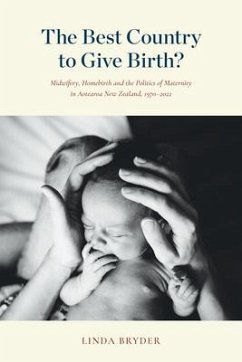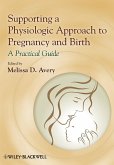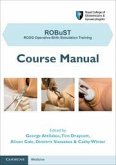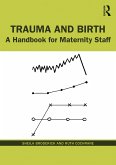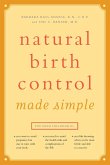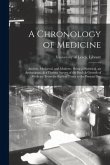'In 2012, following his investigation of the deaths of two babies in childbirth at Waikato Hospital, Hamilton coroner Gordon Matenga asked, ' Does New Zealand have the safe, world-leading system the Government says we do, or are we losing babies because the balance has swung too far towards the idea that because childbirth is natural, then the philosophy of " non-intervention" is best?' ' Babies' deaths reignite maternity row', the New Zealand Herald announced.' -- from the introduction by Linda Bryder Is New Zealand ' the best country to give birth' ? Historian of medicine Linda Bryder explores how New Zealand developed a unique approach to the role of midwives in childbirth in the 1990s, and analyses the consequences of that change for mothers and babies. The Best Country to Give Birth? traces the genesis of the 1990 Nurses Amendment Act, which allowed midwives to practise alone in the community, back to the homebirth movement of the 1970s, and explores the aftermath of the Act including the withdrawal of GPs from maternity care. In investigating the consequences of the reforms, it uncovers repeated criticism of services - and what were deemed preventable deaths - from coroners, commissioners for health and disability, other health professionals including some midwives, academic researchers, and parents and families. How and why does maternity care in Aotearoa differ from other countries? How has it shaped the equitable care of our mothers and babies? Why have critical reports had so little impact? This is a major historical account of an issue at the heart of our maternity care.
Hinweis: Dieser Artikel kann nur an eine deutsche Lieferadresse ausgeliefert werden.
Hinweis: Dieser Artikel kann nur an eine deutsche Lieferadresse ausgeliefert werden.

